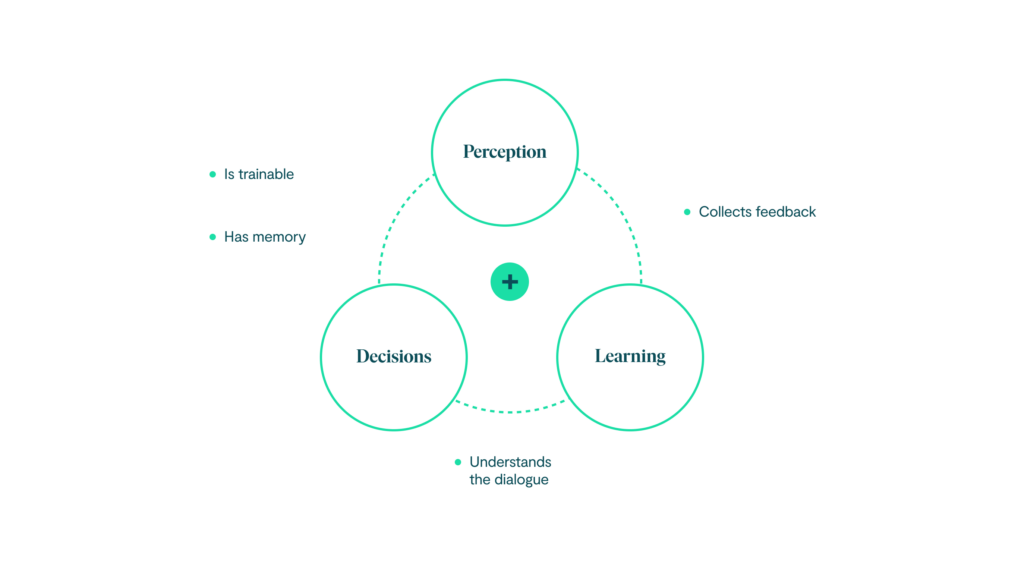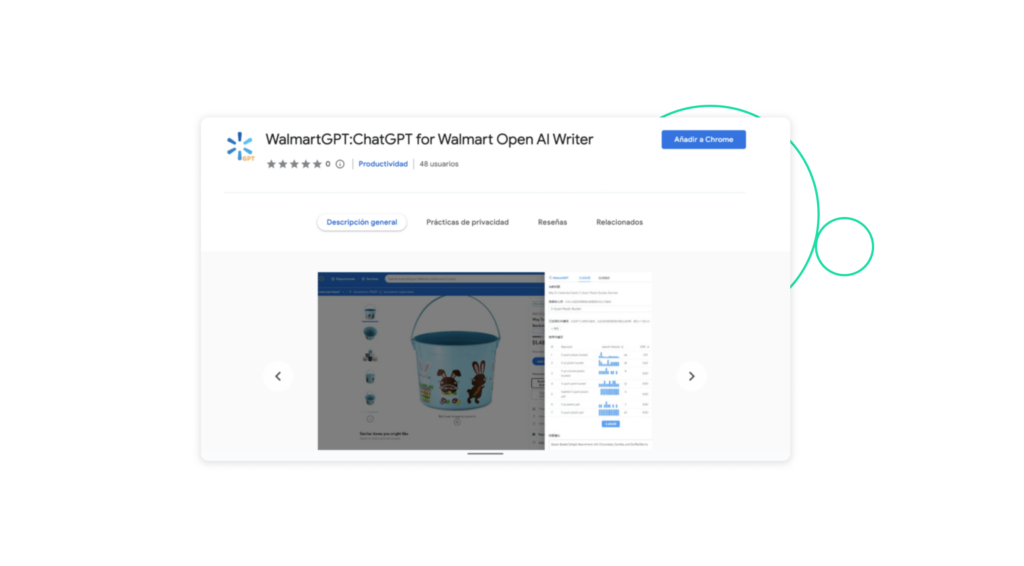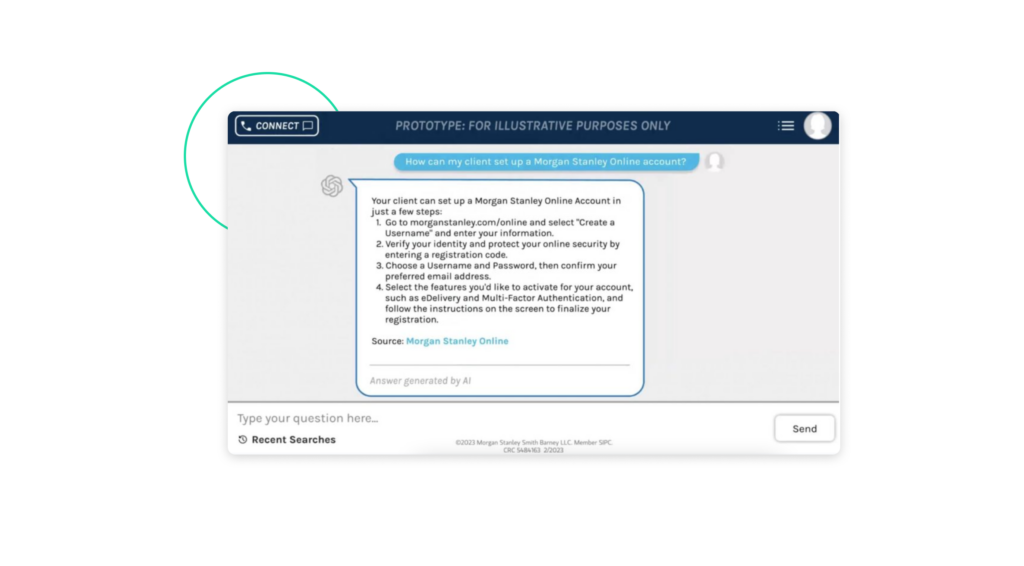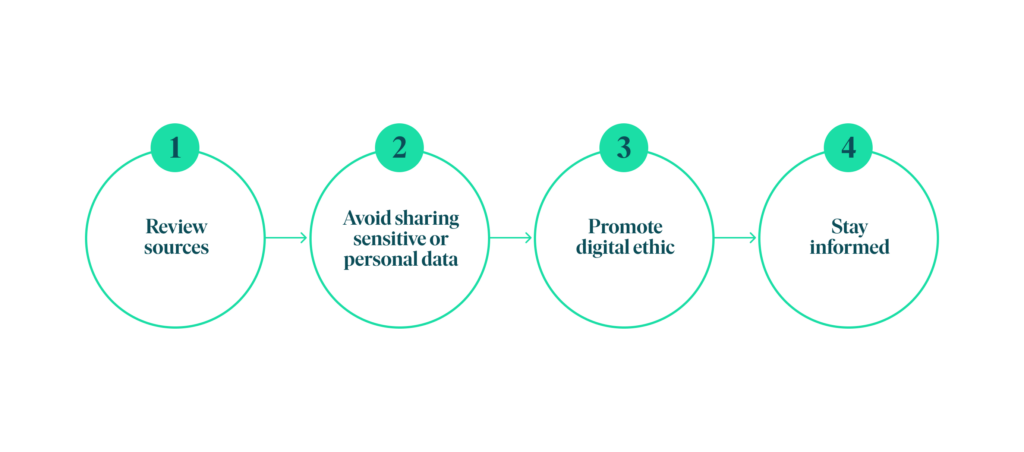Welcome to our exploration of the profound impact that Artificial Intelligence (AI) is exerting on the landscape of future work efficiency. In this document, we delve deep into the implications of AI’s evolution, from its historical roots to its current challenges and groundbreaking applications, particularly spotlighting the revolutionary ChatGPT technology.
The advent of ChatGPT has direct implications for employment, governments, and the way we access information and conduct business. However, what exactly do we mean when discussing the future of work in the era of widespread Artificial Intelligence?
The development of AI has been ongoing for more than 70 years, making it far from a new phenomenon.
Initially, computer science has been fundamental in developing algorithms and AI models. Subsequently, advancements in enterprise computing have enabled the processing and storage of massive amounts of data necessary for training and executing AI models.
Later, personal computers brought AI closer to people in their everyday lives through accessible applications and devices. In the last decade, the complete digitization of processes and information has created a conducive environment for AI deployment and widespread adoption.
The ultimate objective of AI is to create systems capable of automating and solving tasks, enabling individuals to allocate their time more efficiently.
Nonetheless, when it comes to automating AI, there are still several challenges that persist:
1. Perception
Techniques such as image processing and voice recognition are used for machines to interpret and understand the environment in which they are located.
Facial recognition applications and voice assistants are examples of how AI can perceive and respond to visual and auditory stimuli.
2. Reasoning & Learning
Machines can draw logical conclusions based on pre-established rules or patterns. Through these parameters, machines learn to reason in a way that resembles human thinking.
Product recommendation systems on e-commerce platforms use machine learning algorithms to analyze user behavior patterns and provide personalized suggestions.
3. Decision
Additionally, AI can make informed decisions to resolve problems or execute specific tasks.
Fraud detection systems employ AI algorithms to analyze transaction patterns and determine the authenticity or risk of a transaction. Even in everyday situations, such as deciding whether to pay a bill, AI can assist in making decisions based on data and analysis.
Despite all the progress, gender, geographic, and competency disparities persist in accessing and adopting AI. It is crucial to address these gaps to ensure that everyone can benefit from this technology’s opportunities.

ChatGPT as the flagship of the Revolution
«ChatGPT is a revolutionary technology,» even according to Bill Gates. The platform achieved one million users in the shortest time, accomplishing this feat in five days. To put it into perspective, Netflix took 40 months, Twitter took 24 months, and Facebook took ten months. According to Statista, the global AI software market is set to experience rapid growth, with an estimated value of USD 126 billion by 2025.
How does it attain such a high level of intelligence?
In reality, its intelligence is not genuine but a compelling combination of statistical calculations and vast volumes of data.
The platform employs language-based reasoning to anticipate a sentence’s most probable succeeding word. While it can reason about logical or philosophical thoughts, it does not understand its responses.
Among the most significant developments in recent years are:
- AlexNet, which was the pioneering architecture that unveiled the potential of convolutional neural networks in the field of image classification.
- DeepMind, an AI company focused on the development of algorithms and machine learning systems, was acquired by Google in 2014.
- Tesla, which has ventured into autonomous driving.
- AlphaGo, an AI software developed explicitly for the board game Go. In 2016, it achieved a remarkable feat by defeating the world champion, Lee Sedol.
Benefits of ChatGPT for companies
The implementation of this new technology will provide companies with various advantages. In terms of external impact, they will achieve the following:
- Better content in less time.
- Improved service for increased sales.
- Enhanced themes and narratives.
- Customer service with a reduced number of call centers.
- Enhanced product through the integration of a conversational interface.
- Better service and increased sales.

Internally, companies can attain the following:
- More immediate access to company information is facilitated by deploying a GPT/LLM bot.
- Increased productivity per employee.
- Enhanced operational efficiency through bot-driven process automation.
- Superior learning with less effort.
- Higher code volume with fewer programmers.

Nonetheless, despite its substantial benefits to task automation, users should consider that ChatGPT still exhibits biases, can hallucinate or fabricate information, and lacks access to updated online data.
The future lies in questions, not in answers. Therefore, we must learn to ask ChatGPT more precisely.
- Providing examples of the output we would like to obtain.
- Specifying the number of words expected in response.
- Specifying the target audience to whom the response is addressed.
- Explicitly expressing our desired actions for it to follow.
- Emphasizing the style or character of the response we are seeking.
- Indicating the desired columns or data when requesting spreadsheets.
To embrace the potential of AI in our daily lives, humans must collaborate closely with this technology, reshaping our approaches to tasks and adjusting to the new paradigm. However, ensuring an ethical utilization of AI becomes paramount in this process. It is essential to be aware of the emerging digital divide, encompassing gender, location, and skills, arising from using ChatGPT and other AI technologies. By actively sharing knowledge and exploring ways to harness this technology for the benefit of all, we can strive to overcome these barriers and create an inclusive AI-driven future.

To ensure the responsible use of Artificial Intelligence, it is essential to adhere to these four guidelines: thoroughly review sources, avoid sharing sensitive or personal data, promote digital ethics, and stay informed about the companies and intellectual property rights associated with the content being created.